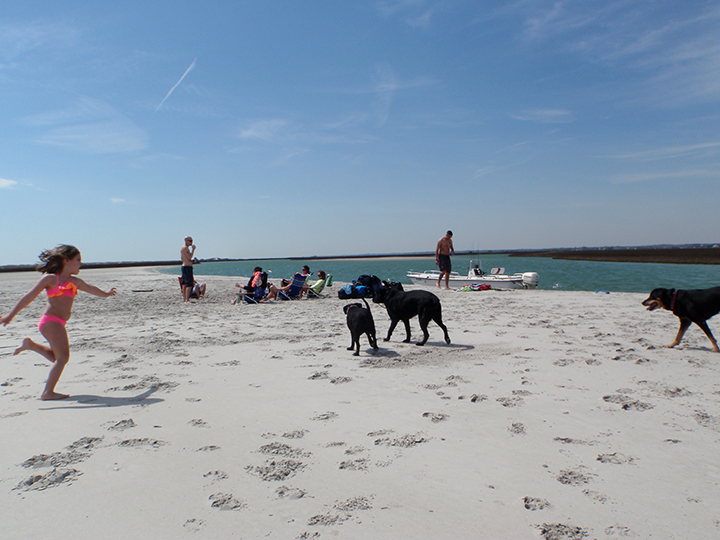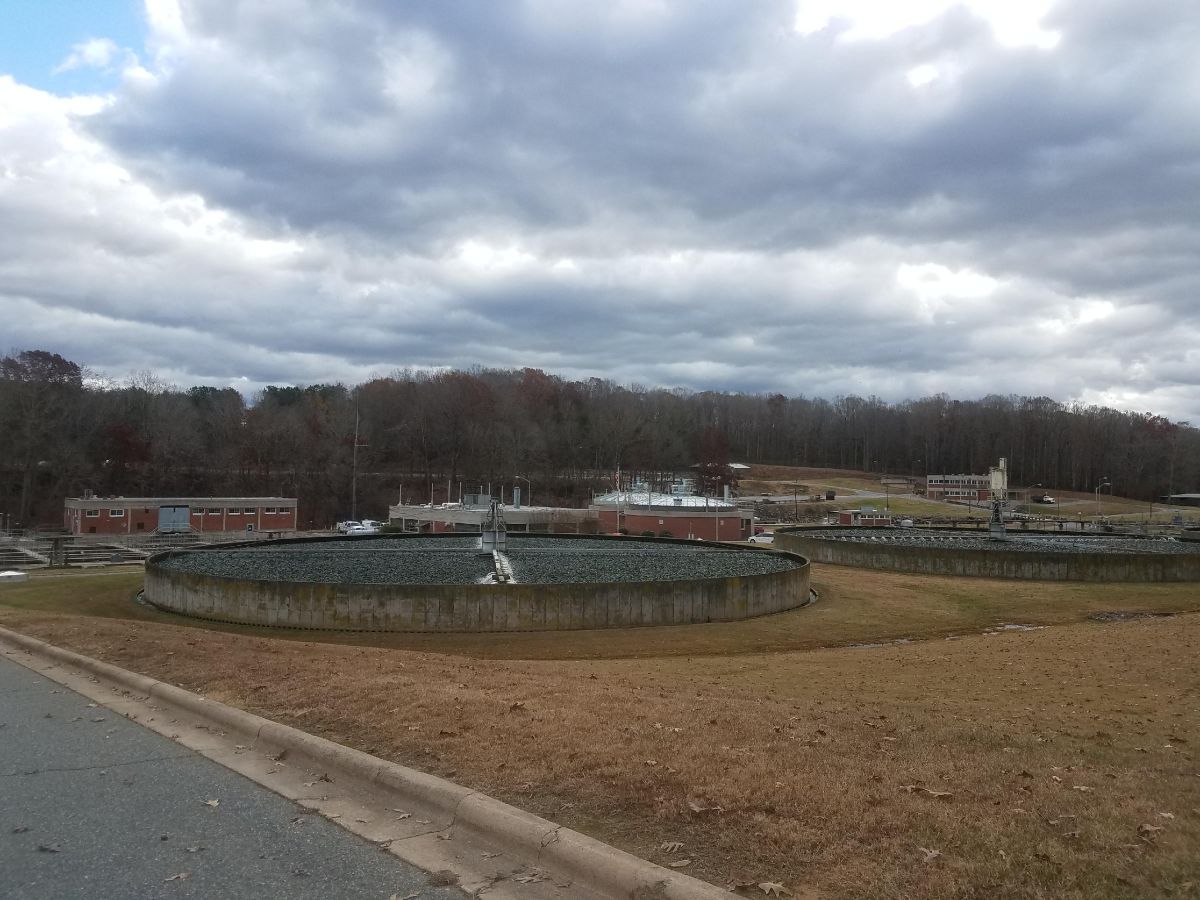
RALEIGH – Long-awaited state parks and clean water plans could be put on hold or even scrapped after the state’s two main conservation funds lost significant appropriations in the state budget standoff.
Combined, the state’s Park and Recreation Trust Fund and Clean Water Management Trust Fund were appropriated an additional $15 million in nonrecurring funds in a budget passed by the General Assembly in June. The state’s roughly $24 billion budget was quickly vetoed by Gov. Roy Cooper, starting a monthslong impasse that ended, temporarily at least, when the legislature adjourned for the year in November.
Supporter Spotlight
So far, the conservation funds, like dozens of other additional nonrecurring appropriations, have not been restored through a series of mini-budgets passed this fall.
That’s worried advocates for the state’s conservation funds, who had seen a steady rebuild in appropriations following steep cuts earlier this decade.
Both trust funds did receive their regular, recurring appropriations thanks to an automatic budget law that kicks in if a new budget is not in place when the fiscal year ends June 30. The law funds government operations at current levels, but it leaves on the table $7 million for the Clean Water Management Trust Fund and $8 million for Parks and Recreation Trust Fund in additional appropriations.
In recent years, both the Clean Water Management Trust Fund and the Parks and Recreation Trust Fund have received a mix of recurring and nonrecurring funds. The recurring base budget for the Clean Water Management Trust Fund is roughly $13 million and $17 million for the Parks and Recreation Trust Fund.
Bill Holman, state director for environmental nonprofit, The Conservation Fund, said given the recent progress, the significant loss of funding this year was disappointing.
Supporter Spotlight

“Both the governor and the General Assembly have been supportive of the conservation trust funds. Gov. Cooper requested increased funding and the General Assembly’s budget provides that,” he said. “Thanks to conservation funds over the years we’ve been making steady progress across the state in protecting water quality, increasing public access and protecting wildlife.”
Holman said there will be a push to try and get the funding restored when the General Assembly returns in mid-January.
Greg Andeck, Audubon North Carolina’s director of strategy and government relations, said members were encouraged earlier this year when there was an agreement to boost funding, including a project to purchase for conservation undeveloped Lea Island north of Wilmington, in which the organization has been a key player.

“We remain hopeful that the Governor and legislature can reach an agreement when lawmakers reconvene in January. If they are not able to reach agreement, it would be a real tragedy to see conservation funding levels decrease by 20% from last year given the broad base of bipartisan support that North Carolina’s trust funds enjoy,” he said.
Holman said the impact of losing $7 million for the Clean Water Management Trust Fund will be felt across the state as projects already in the grant application pipeline go unfunded. “That’s $7 million worth of land and water conservation that won’t occur,” he said.
The dropped Parks and Recreation Trust Fund appropriation was directed to seven projects, including three new trails and two major land purchases on either end of the state, $2 million for the initial land acquisition for the new Pisgah View state park in Buncombe and Haywood counties and $4 million for the Lea Island Natural Area, an undeveloped barrier island between Topsail Island and Figure Eight Island.
Land acquisition is often a long, painstaking process for state agencies and land conservation organizations, Holman said, and having funding delayed or fall through could have a big impact on the outcome on negotiations with landowners.
“There could easily be opportunities missed or landowners may decide they need more money because they’ve been waiting longer,” he said.
Michele Walker, spokesperson for the Department of Natural and Cultural Resources, declined to speculate on what would happen when the legislature returns. The department plans to move ahead on the new western North Carolina park project, she said, but is seeking more information on Lea Island.
“Pisgah View has been approved by the Council of State and is moving forward as mandated by legislation. The Lea Island project is essentially on hold right now until we get further clarity through the budget process,” Walker said in an email to Coastal Review Online last week. Clean Water Management Trust Fund projects that have yet to be funded in the latest round of grants could be affected if the funding isn’t resolved, she said. “Both trust funds have already allocated their recurring grant funds. CWMTF in particular has many additional projects that applied for grants. Without the non-recurring funds, several good projects will unfortunately not receive grant funding and may be unable to move forward.”
Andeck said he hoped the legislature would follow through on the commitment shown earlier this year for the barrier island project, noting that biologists had documented the state’s largest-ever least tern colony on the island.
“Lea-Hutaff Island is one of the last remaining undeveloped barrier islands along the North Carolina coast, providing critical nesting habitat for birds and sea turtles and serving as a natural storm buffer for inland communities, he said. We’re encouraged that lawmakers recognize the importance of Lea-Hutaff and are hopeful they’ll reach an agreement soon.”







